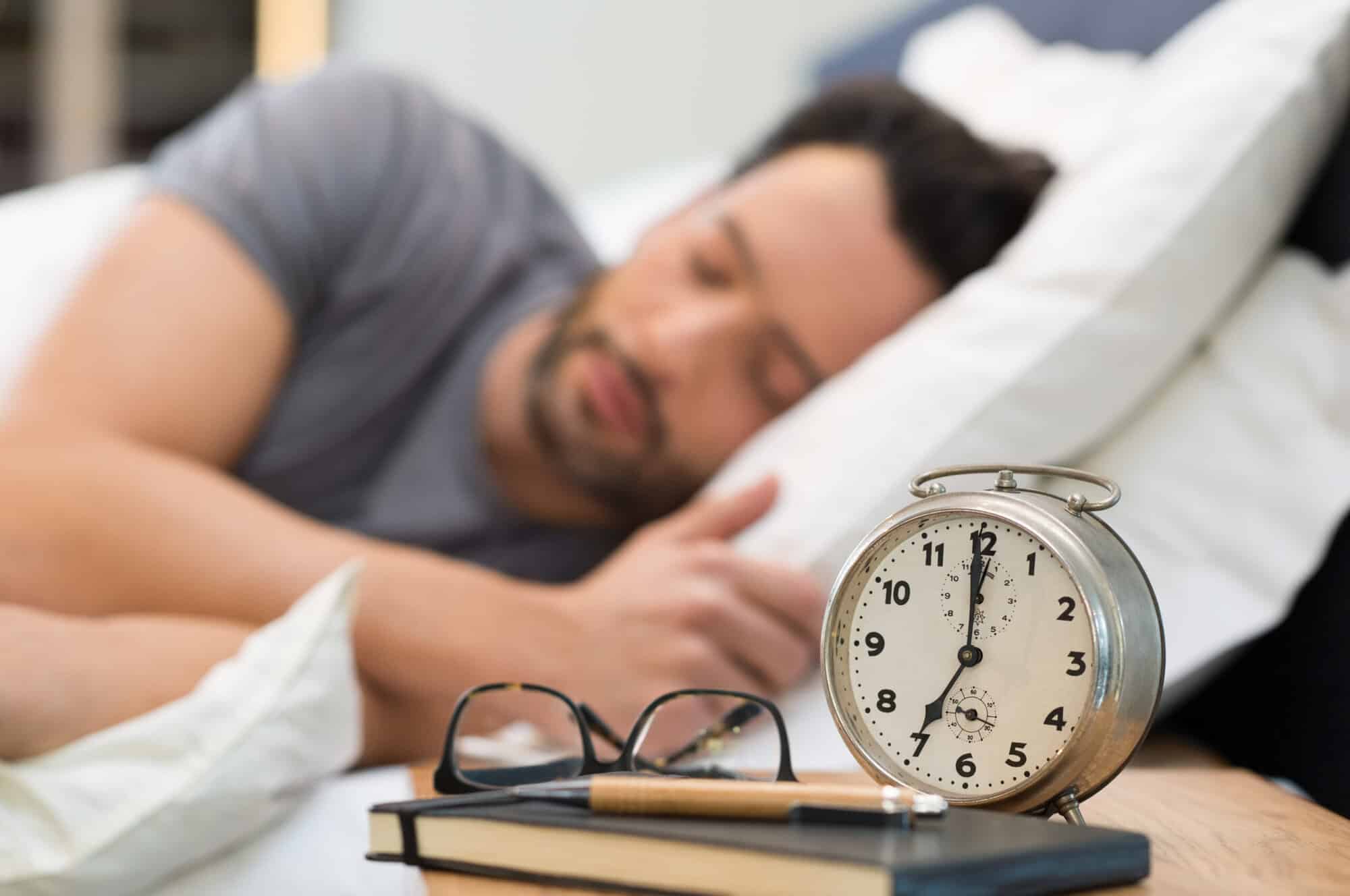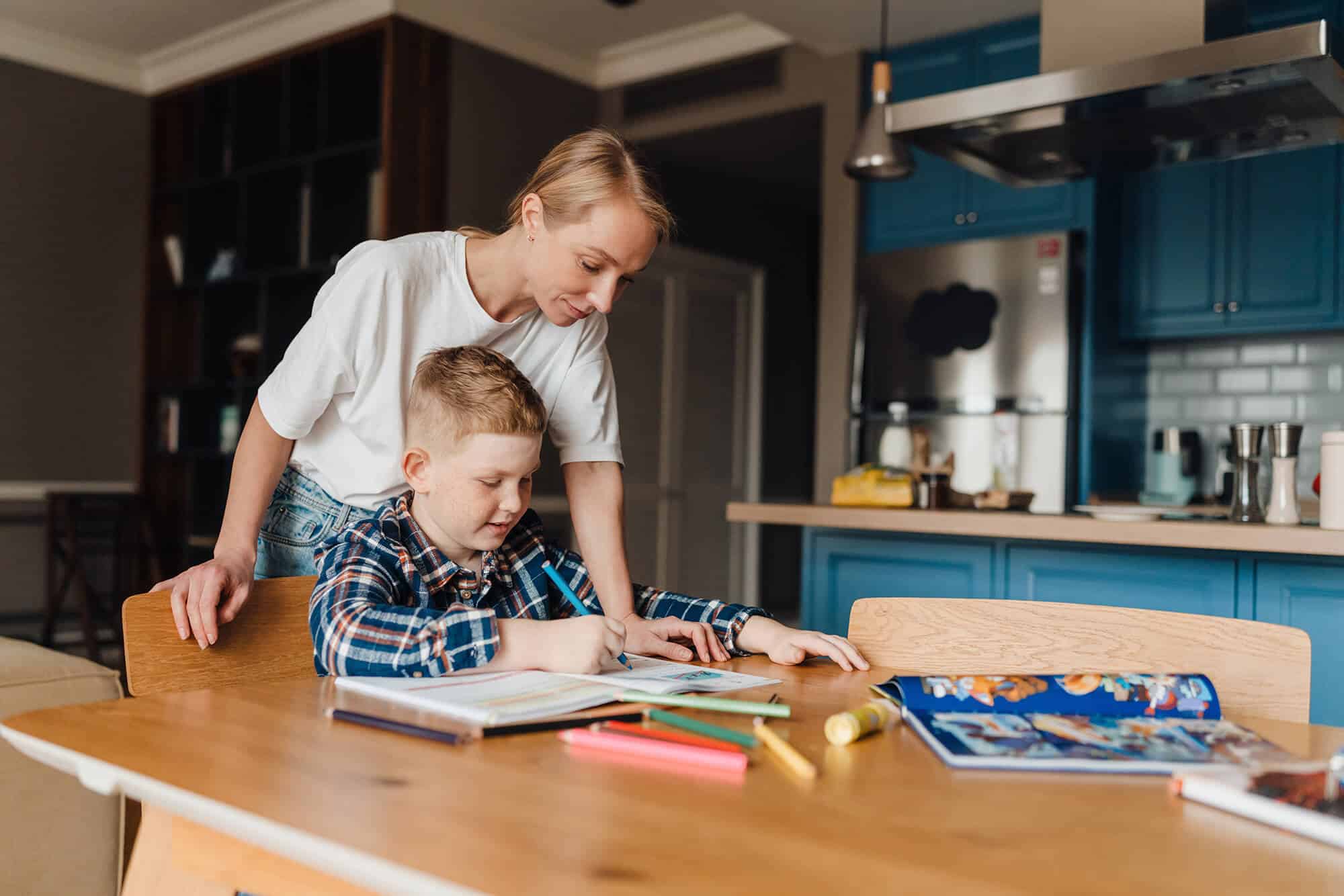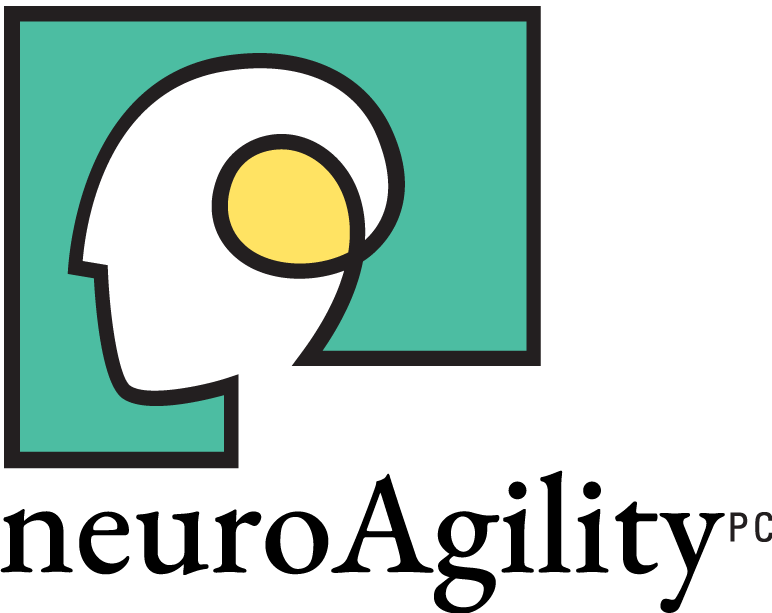-

Sleep Smarter: Tips for Better Productivity and Cognitive Health
·
This article emphasizes the benefits of napping and sleep tracking for boosting productivity and mental performance. Short naps improve alertness and don’t disrupt nighttime sleep, while tools like the Zeo Sleep Coach and Mind Metrics app help optimize sleep quality and measure cognitive abilities, showing how sleep, exercise, and diet impact daily performance. Read full…
-

Six Things Doctors Do for Better Sleep
·
Sleep doctors reveal their top habits for a good night’s rest. From honoring your body’s internal clock and getting morning sunlight to unwinding before bed, these experts show that there’s no one-size-fits-all solution—just consistent practices tailored to your needs. They emphasize prioritizing sleep, limiting alcohol, and crafting a morning routine to start your day right.…
-

Books for Kids Starting at a New School
·
· AnxietyThese 10 titles will help children of all ages navigate the anxiety, awkwardness and opportunities for growth that come with being the new kid. Read full article, The New York Times, “Books for Kids Starting at a New School.”
-

The case for omega-3 supplementation to lower aggression
·
A new meta-analysis by neurocriminologist Adrian Raine shows that omega-3 supplementation can reduce aggressive behavior across age and gender. Read full article, Penn Today, “The case for omega-3 supplementation to lower aggression.”
-

Lie down, sit still, take a break: Your brain needs a rest
·
Breaks as short as 10 minutes can boost vigor and reduce fatigue, one analysis found. Read full article, The Washington Post, “Lie down, sit still, take a break: Your brain needs a rest”
-
How to Have a Healthier Relationship With Your Phone
·
Schedule tiny tech breaks. You might take a quick walk, close your eyes, work on a puzzle or read a book. Another trick: Put tech breaks in your calendar, Dr. Gazzaley said. It may feel odd to schedule something like “take a phone-free walk,” but it shouldn’t if it’s a priority, he said. Read full…
